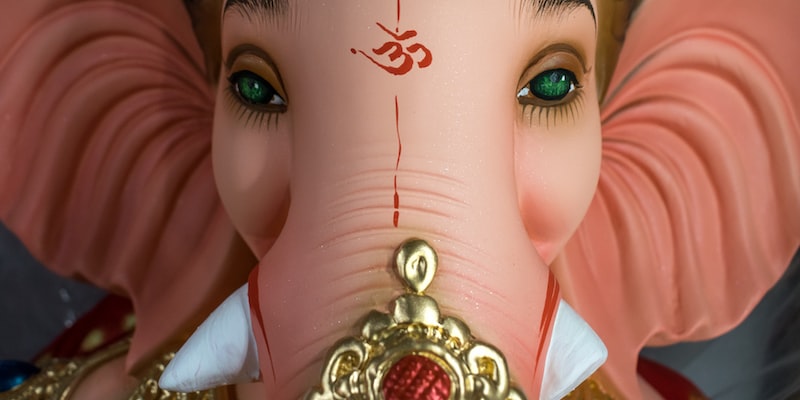Why does the BBC Hindi run anti-India news in India?

The BBC Hindi news channel has become a source of controversy in India due to its anti-India news coverage. Many citizens have called out the channel for deliberately running negative news stories about the country and its government, and the BBC has faced criticism and backlash as a result. But why does BBC Hindi run anti-India news in India?
The answer may be rooted in the channel's history and its relationship with the Indian government. BBC Hindi was founded in the late 1990s, when the government was in the process of liberalizing the Indian media industry. The channel was initially seen as a way to provide unbiased news coverage of the country and its politics, but since then it has come under increasing pressure from the government for its critical reporting.
The BBC has also been accused of having a political agenda in its news coverage. Critics claim that the channel has an anti-establishment bias, which leads it to run negative stories about the Indian government and its policies. This criticism has been echoed by many Indian citizens who feel that the channel is biased against the country.
The BBC has denied these allegations and has argued that it provides unbiased news coverage. However, the channel's anti-India news coverage has continued to draw criticism from many quarters. It is clear that the BBC Hindi channel has a complicated relationship with the Indian government and its citizens, and that this has led to the channel running anti-India news in India.
The BBC Hindi language news channel has been increasingly criticized for running anti-India news in India. This type of reporting has had a significant impact on Indian society, as it has created an environment of mistrust and suspicion between different ethnic and religious groups. Many Indian citizens have expressed their outrage and frustration at the biased reporting of the BBC Hindi, claiming that it is damaging to India's image and reputation.
The BBC Hindi has been accused of running stories that focus on negative aspects of India while ignoring positive developments. This type of coverage has led to a decrease in public trust and support for the government and its policies, as many citizens feel that they are not being accurately represented. Additionally, it has caused increased tension between different religious and ethnic groups, as the news channel has been accused of promoting divisive and inflammatory rhetoric.
Furthermore, the BBC Hindi's anti-India news has had an adverse effect on the international perception of India. Many international media outlets have adopted a negative view of India, which has had a negative impact on the country's image in the eyes of the world. This, in turn, has affected the economy and investment, as foreign investors and businesses have been less willing to invest in India.
Overall, the BBC Hindi's anti-India news has had a significant impact on Indian society, as it has created an environment of mistrust and tension between different ethnic and religious groups. It has also had a negative impact on India's reputation abroad, as many international media outlets have adopted a negative view of India. It is important for the BBC to ensure that their reporting is balanced and unbiased in order to avoid further damage to India's image and reputation.